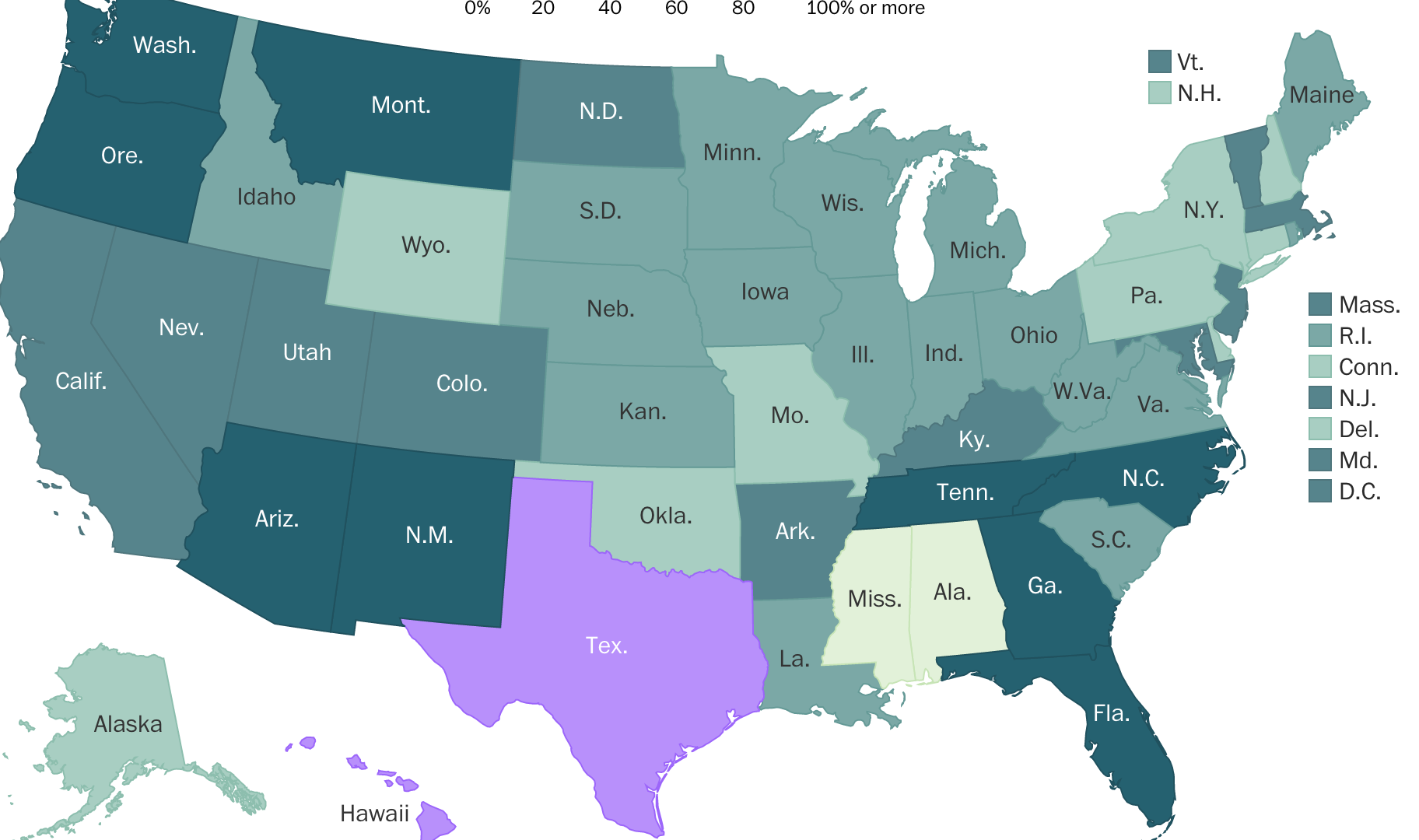One explanation I haven't seen discussed yet is the "shy voter" phenomenon, in which poll results are skewed by people who will not say who they are actually planning to vote for. I'll give both an anecdotal example of this, a study conducted, and explain how this leads up to candidate behaviors.
Anecdotes
Anecdotally, for journalistic purposes I've been following a variety of online political communities, and on the pro-Trump side it is more common to hear about stories of signs being stolen off one's yard, being threatened with job loss if you work for anti-Trump employers, and the like. Regardless of how true it is, there is a stronger perception in the Trump community that you will face personal consequences if you admit to supporting him, compared to the pro-Biden or anti-Trump community. This is in spite of the faction in the pro-Trump movement that is extremely "loud and proud" with the flags, motor parades, and flotillas.
Also anecdotally, I live in a deep blue area of a battleground state, and am personally third party. I've had door-knockers come by, and when I have told them that I'm voting third party they lay in on the "Trump is Hitler and you're basically voting for Hitler" narrative. From my personal engagement in anti-Trump groups it seems many in that faction really believe this. Its intimidating when someone's at your door saying this, and I am personally tempted to just say "you changed my mind to Biden" to avoid conflict.
What you must understand is, this is not about what is actually happening, or whose view is correct. What matters is how these perceptions drive voter behaviors, how these behaviors create discrepancies in poll numbers, and how any discrepancies can be detected and used as a competitive advantage.
Shy Voter Study
Now, for the studies, one of the more popular ones comes from Cloud Research.
The main finding here was that Republicans and independents were approximately 2x more likely (11.7% GOP and 10.5% Ind) to hide their affiliation than Democrats (5.4%), based on their methodology. I am also looking for a source on another study that looked for shy voters by asking "Who are you voting for?" along with "Who do you think your friends are voting for?"
When using these polling methodologies, MI, WI, and MN are much closer to parity for Trump, and if the Trump and Biden campaigns are using this methodology in their internal polling it would be a signal to come to states like MI, WI, and MN.
Implications
Depending on how the election turns out, I do think that we're going to see the need for changes in polling methodologies, as there are now methodologies that address the "shy voter" phenomenon and some of these have had a few election cycles to demonstrate effectiveness. What I also expect to see in the near future is more work on the question of how to engage people in polls, as polling was traditionally based on landline phone calls, and going forward we're seeing more people communicate over other channels.
